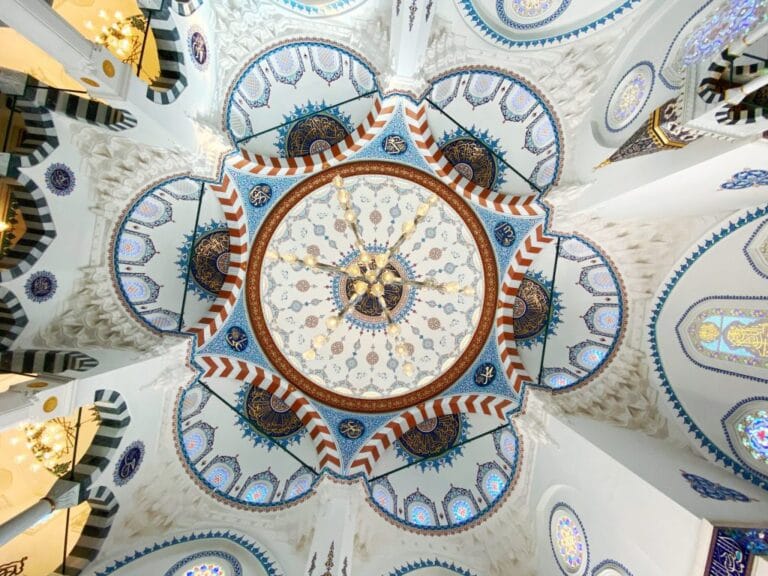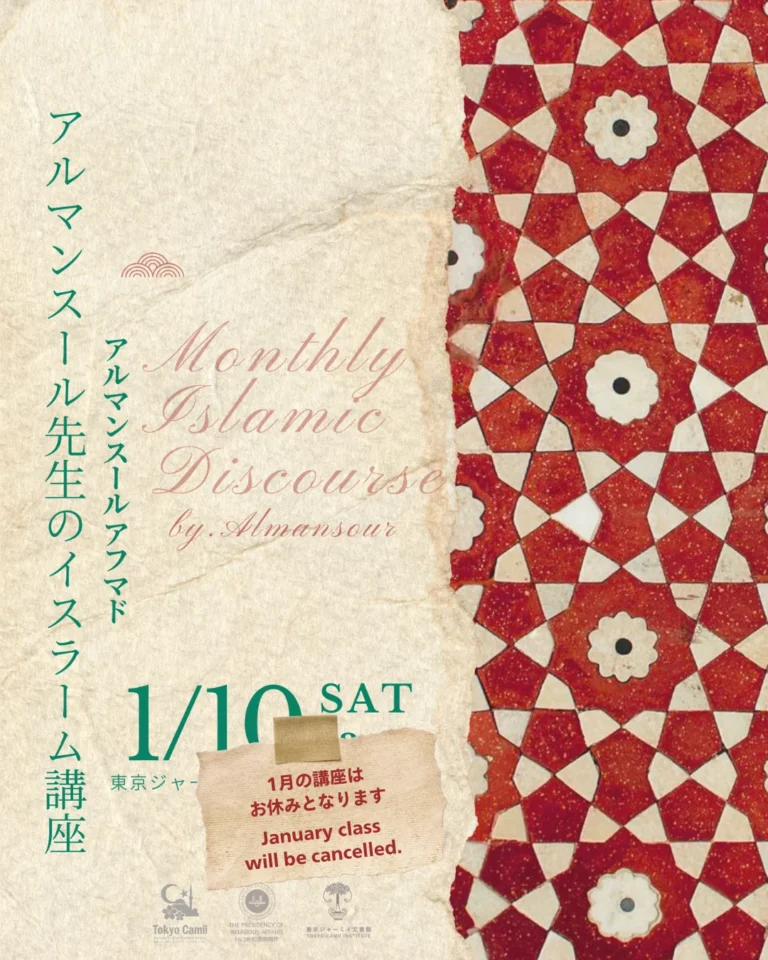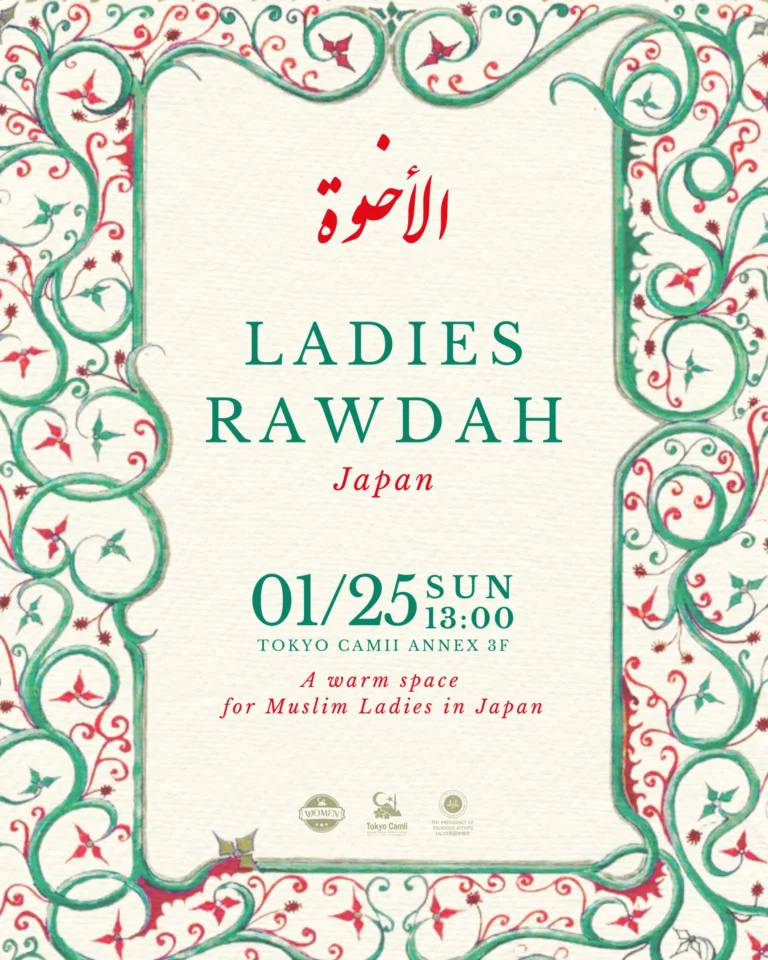[FB Live Available – Tokyo Camii Special Open Lecture in September 2021]”Muslim Cuisine in ‘Arabian Nights’ era – Understanding Historical Materials”
“Muslim Cuisine in ‘Arabian Nights’ era – Understanding Historical Materials”
The Abbasid dynasty, established in Baghdad, Iraq in the second half of the 8th century, often known to the Middle Eastern society as the setting for the Thousand and One Nights stories, was the place where the most sophisticated culture was created and developed. At that court, the compilation of cookbooks began in the 9th century. In the 13th century, cookbooks of cities in Damascus, Cairo, and Andalus, Spain, were compiled by scholars. Not only are recipes for each dish, confectionery, and drink written with weighing, but they also contain information such as their views on their medical benefits, etiquette when eating, and explanations of cooking utensils. ..
Let’s see what can be understood from the contents of those cookbooks (each dish, taste, and cooking method, the introduction of new ingredients – use of sugar, lemon, and rice). Then combine the described information of the same period, such as medical books, the books of Muhtasib (supervisor of the bazaar), and the narratives of Arabian Nights, to emerge some aspects of the eating habits of this era.
― Kikuko Ozaki
Lecturer: Kikuko Ozaki (Prof. of National Defense Academy of Japan, Department of Foreign Languages)
Date: September 25 (Sat) 13:00 ~ 14:30
Place: B1F Ertugrul Hall or 1F Multi-Purpose Hall
Language: Japanese
When you participate, please give priority to your own physical condition. When participating, please measure body temperature and bring your own mask. Thank you for your cooperation in the prevention of infectious diseases. Your action is highly appreciated to keep everyone’s health and reassurance.
| Prayer | Time |
|---|---|
| Fajr | 05:21 |
| Sunrise | 06:51 |
| Dhuhr | 11:48 |
| Asr | 15:06 |
| Maghrib | 16:45 |
| Isha | 18:10 |




